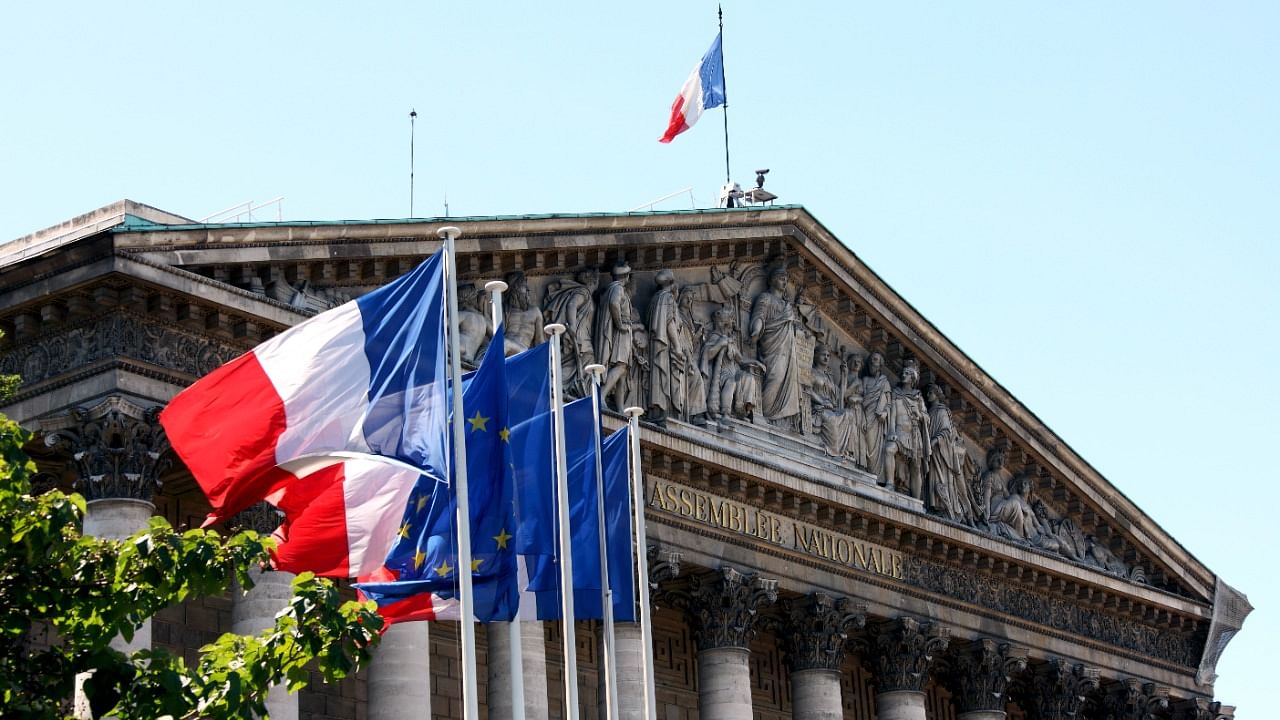
France's new parliament will see a slight decrease in women MPs after the weekend's poll, a setback from the previous cycle when women filled nearly 40 percent of seats.
France has lagged in gender parity in politics, coming 33rd out of 185 spots on the Inter-Parliamentary Union's monthly ranking of women in national parliaments.
But in 2017, voters threw their support behind a parliament composed of 39 percent women MPs -- 12 points more than in 2012 and more than triple 2002's roster of 12 percent.
After Sunday's poll, France's parliament will have 215 women MPs -- 37.26 percent -- while men will take 362 seats, according to an AFP count.
As in 2017, the right-wing Republicans party (LR) has the lowest parity at 29.5 percent, with 18 women MPs making up their 61 elected.
Conversely, the newly formed left-wing alliance NUPES -- headed by 70-year-old hard-left figurehead Jean-Luc Melenchon -- now has 43.6 percent of women in their ranks.
French President Emmanuel Macron's "Together" coalition has 40.4 percent, while the National Rally party -- led by far-right leader Marine Le Pen -- has 37.1 percent.
To promote gender parity in government, France levies financial penalties on political parties with less than 50 percent women.
The Republicans have been the most penalised from 2017 to 2022. In 2021, they were fined 1.78 million euros ($1.9 million) for not meeting the threshold.
Prime Minister Elisabeth Borne -- who narrowly won the seat for the sixth constituency of Calvados in Normandy -- is the second woman premier of France, after Edith Cresson.